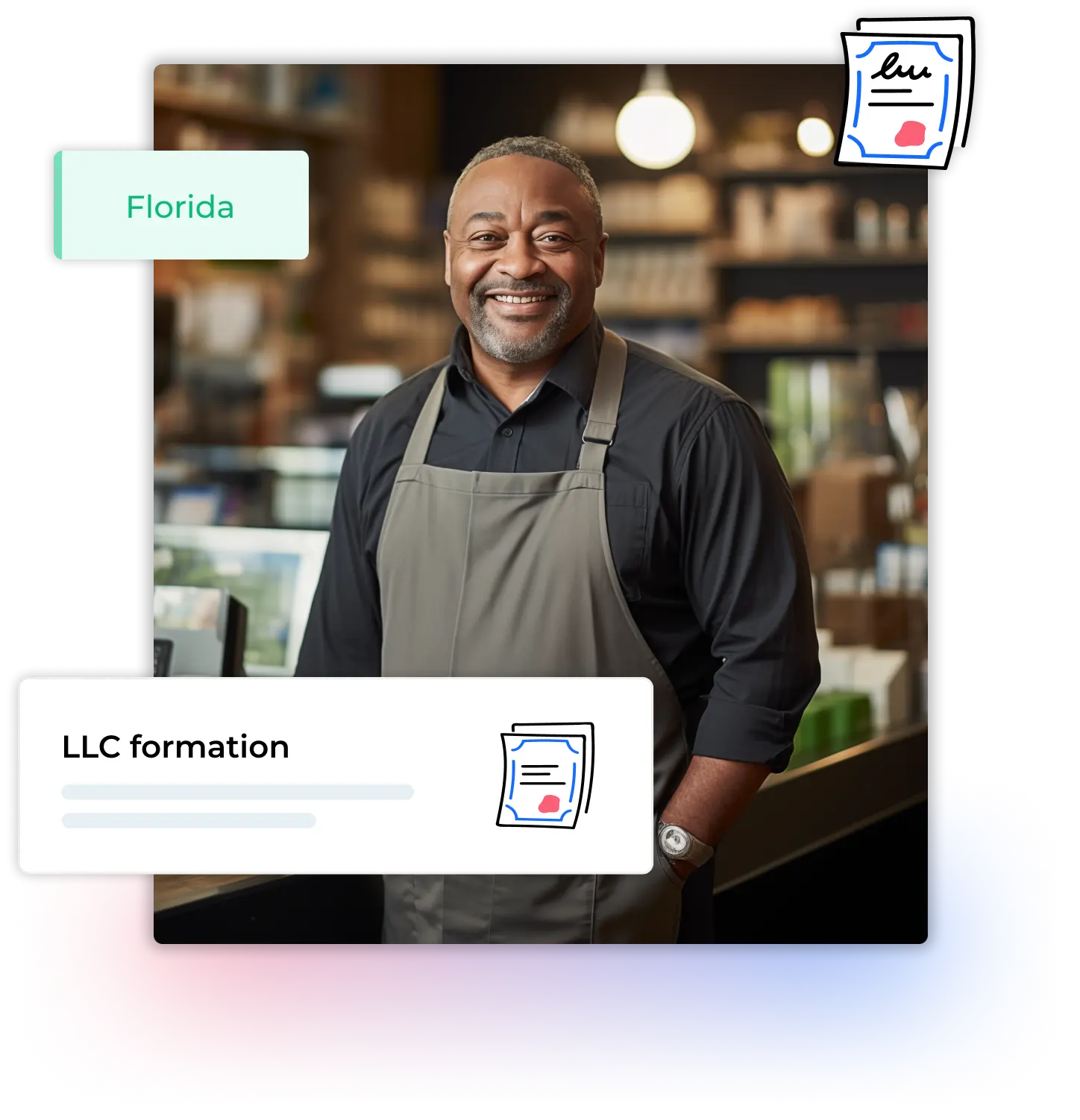Forming an LLC in Florida: The Basics
There are different costs to form an LLC in Florida and maintain it. Read this post to review them.
You need to choose a business name and check if it’s available before you file your LLC in FL. Learn more here.
LLCs in Florida are required to file an annual report with the state. Learn more to avoid penalties.
A registered agent is a mandatory step in your LLC formation process – learn more about it.













